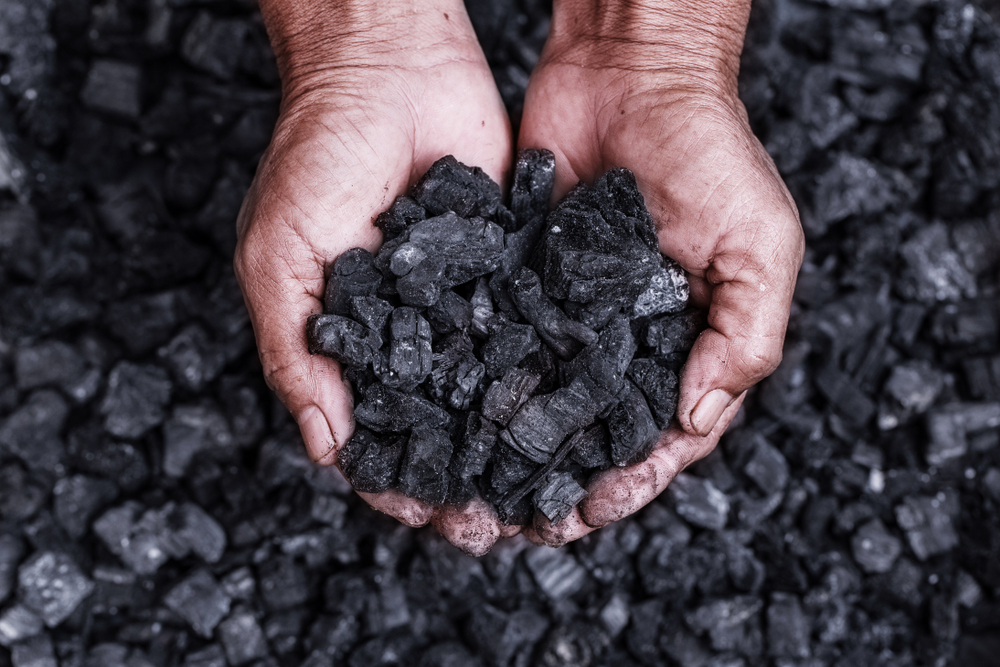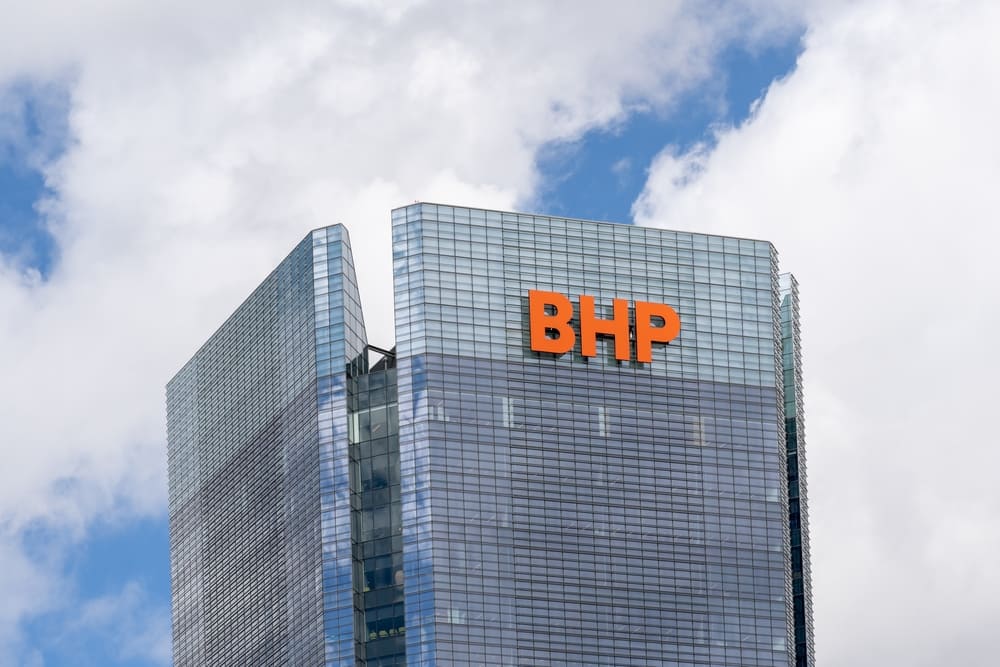
BHP and Vale, along with their joint venture Samarco, have reached a comprehensive agreement with Brazilian authorities to settle claims related to the catastrophic Fundão dam failure in 2015.
The settlement, valued at R$170 billion, aims to provide reparations for the devastating impact on communities and the environment in the affected regions.
The agreement, signed on October 31, 2024, involves the federal government of Brazil, the states of Minas Gerais and Espirito Santo, as well as public prosecutors and defenders.
It settles the Framework Agreement obligations, the Federal Public Prosecution Office civil claim, and other claims by public authorities related to the disaster.
BHP CEO Mike Henry emphasised the company’s commitment to supporting Samarco in its efforts to address the needs of those affected by the dam failure.
“Today’s signing of a comprehensive agreement with the Brazilian government and public authorities is an important reflection of that commitment,” Henry stated.
Key components of the settlement include:
- R$38 billion has already been spent on remediation and compensation since 2016
- R$100 billion to be paid in instalments over 20 years to various stakeholders
- Additional performance obligations are estimated at R$32 billion
The agreement allocates funds for numerous programs, including:
- R$11 billion for universal water sanitation
- R$12 billion for health programs
- R$6.5 billion for economic recovery
- R$4.3 billion for infrastructure improvements
- R$8 billion for Indigenous People and Traditional communities
Individual compensation is also addressed, with eligible fishermen and farmers set to receive R$95,000 per person, and individuals with water damage claims to receive R$13,018 per person.
While this agreement resolves many claims related to the disaster, it does not cover all ongoing litigation.
The settlement excludes the Australian class action complaint, the United Kingdom group action complaint, and criminal charges against Samarco, BHP Brasil, Vale, and certain individuals.
The agreement is subject to approval by the Brazilian Supreme Court.
If approved, it will mark a significant step in addressing the long-standing issues stemming from one of Brazil’s worst environmental disasters.












